Rockets target Ain al-Asad military base housing US forces in western Iraq
A barrage of rockets has reportedly landed in an air base in Iraq’s western province of Anbar, where American military forces and trainers are stationed.
Sabereen News, a Telegram news channel associated with Iraqi Popular Mobilization Units – better known by the Arabic name Hashd al-Sha’abi – reported that at least five 122mm projectiles had hit “sensitive targets” inside Ain al-Asad Air Base, located about 160 kilometers (100 miles) west of the capital Baghdad, on Monday afternoon.
The report added that C-RAM systems as well as Patriot Advanced Capability-2 (PAC-2) missile systems deployed at the base were not able to intercept the rockets.
“At 13:35 local time (1035 GMT), Ain al-Asad Air Base was attacked by one rocket round. No injuries reported. Damage is being assessed,” Colonel Wayne Marotto, spokesman for Combined Joint Task Force-Operation Inherent Resolve, wrote in a post published on his official Twitter page on Monday.
Initial report: At 1335 local time, Ain Al-Asad Air Base (AAAB) was attacked by one rocket round. No injuries reported. Damage is being assessed. The attack is under investigation, for more information see @SecMedCell or @IraqiSpoxMOD
— OIR Spokesman Col. Wayne Marotto (@OIRSpox) May 24, 2021
No group has claimed responsibility for the attack yet, which is the latest in a series of assaults that have targeted US occupation forces over the past few months.
Back on May 8, the same Iraqi air base was attacked by an unmanned aerial surveillance system, and a hangar for military aircraft was damaged as a result.
The development nearly a week after the Iraqi army announced in a statement that two rockets had landed inside Ain al-Asad military base, but the attack had caused no casualties. No further information was provided.
The Iraqi al-Ahad television channel said rocket sirens went off at the sprawling installation.
The attacks come amid growing anti-US sentiment, which has intensified since last year's assassination of top Iranian anti-terror commander Lieutenant General Qassem Soleimani in Baghdad.
General Soleimani, the commander of the Quds Force of Iran's Islamic Revolution Guards Corps (IRGC), and his Iraqi trenchmate Abu Mahdi al-Muhandis, the deputy head of the Popular Mobilization Units, were targeted along with their companions on January 3, 2020 in a terror drone strike authorized by former US president Donald Trump near Baghdad International Airport.
Two days after the attack, Iraqi lawmakers approved a bill that requires the government to end the presence of all foreign military forces led by the US in the country.
On January 8, 2020, the IRGC targeted the US-run Ain al-Asad in Iraq’s western province of Anbar after launching a wave of attacks to retaliate the assassination of General Soleimani.
According to the Pentagon, more than 100 American forces suffered “traumatic brain injuries” during the counterstrike on the base. The IRGC, however, says Washington uses the term to mask the number of the Americans who perished during the retaliation.
Iran has described the missile attack on Ain al-Assad as a “first slap.”
Last month, Badr al-Ziyadi, a member of the defense and security committee at the Iraqi parliament, called for the evacuation of American troops, and told Arabic-language al-Maalomah news agency that the US seeks to keep its forces in Iraq with no intention of ever withdrawing.
Two lawmakers with the Fatah (Conquest) Alliance at the legislature also warned of US intentions for a permanent military presence in Iraq.
The MPs stressed that the Iraqi security forces are capable of protecting the country, adding the US combat forces have no role in fighting terrorism in Iraq.
On April 8, Iraq and the US said they had agreed on the eventual withdrawal of US “combat” troops from Iraq, and that the two sides would hold talks to work out the timing. The mission of US forces is now supposed to be focused on what is claimed to be “training” Iraqi troops to fight Daesh.
Iraqi resistance groups have warned that they will treat the American troops as occupying forces and take up arms against them if they refuse to leave their country.
Iran’s retaliatory attacks will continue uninterruptedly: Senior commander
Saudi Arabia lobbied for UAE sanctions: Trump
IRGC launches missile, drone strikes against Israel in response to US-Israeli aggression
IRGC pounds US bases across West Asia following US, Israeli aggression
VIDEO | Plan for US-pegged digital currency in Gaza raises sovereignty fears
OIC welcomes Oman-mediated Geneva talks between Iran, US; warns against use of force
VIDEO | Campaign to boycott Israeli ‘apartheid dates’ in UK intensifies during Ramadan
VIDEO | Pakistan launches Operation Ghazab lil-Haq after Afghan border firing


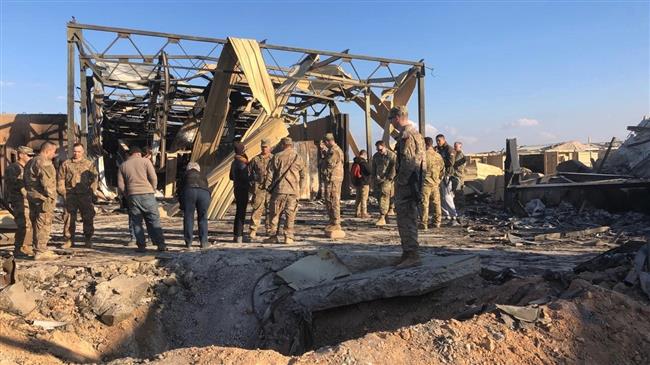



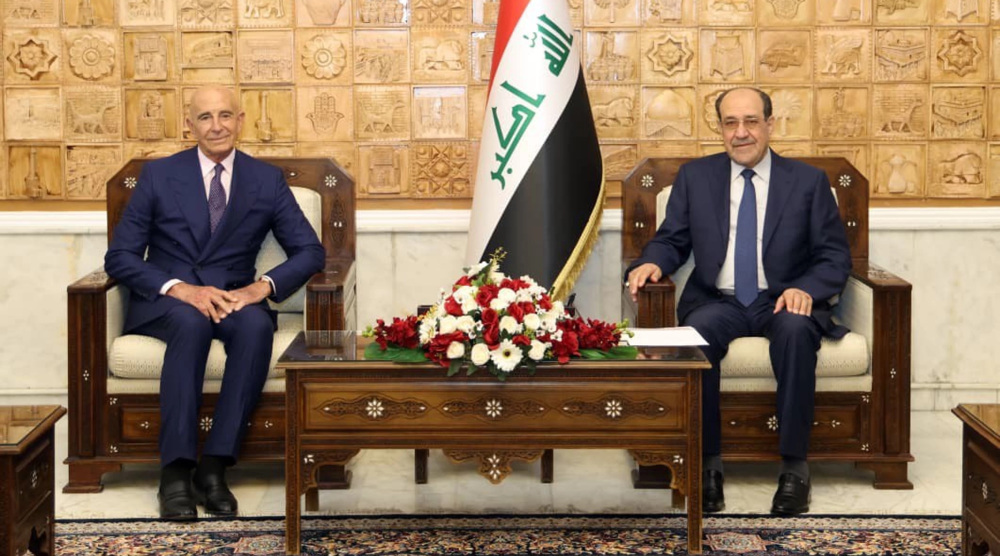
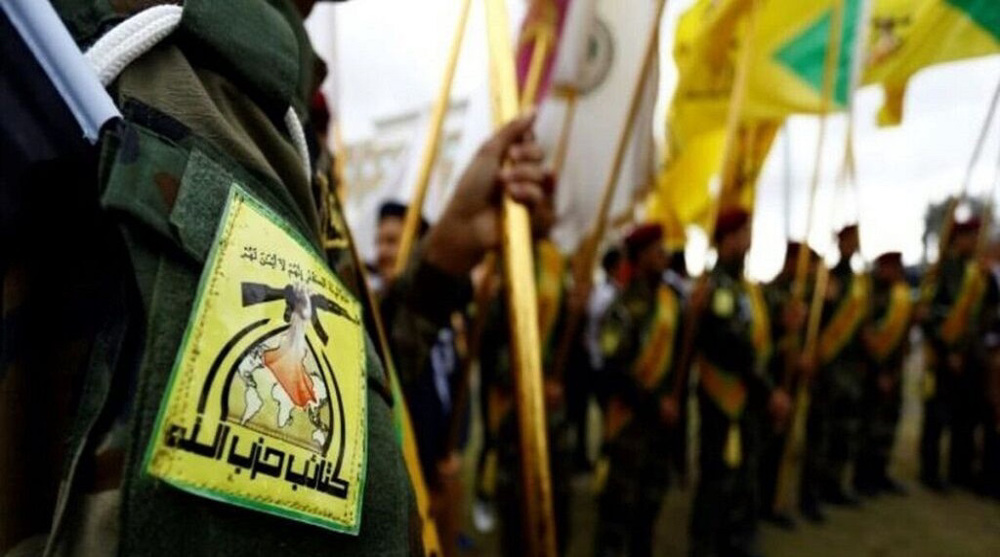




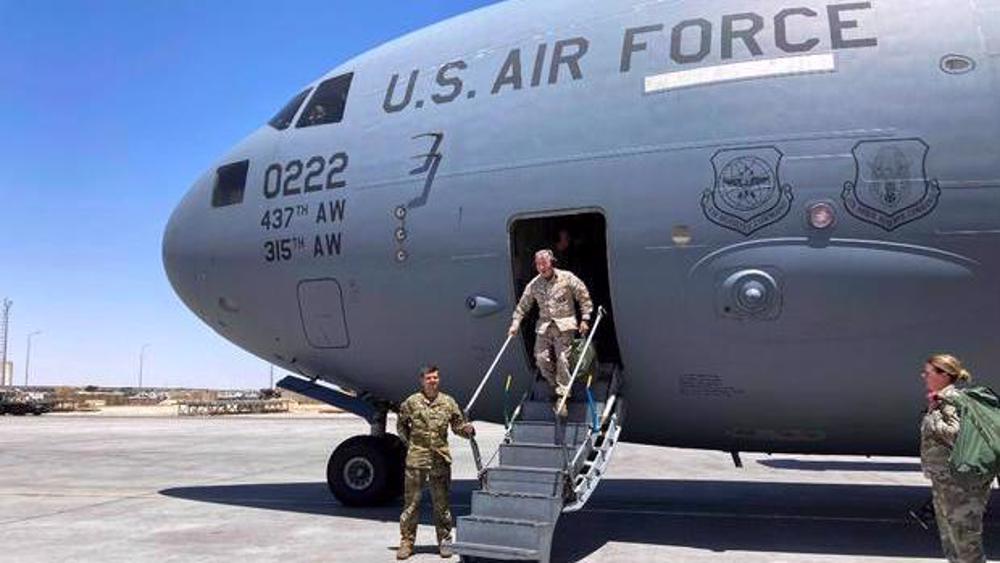
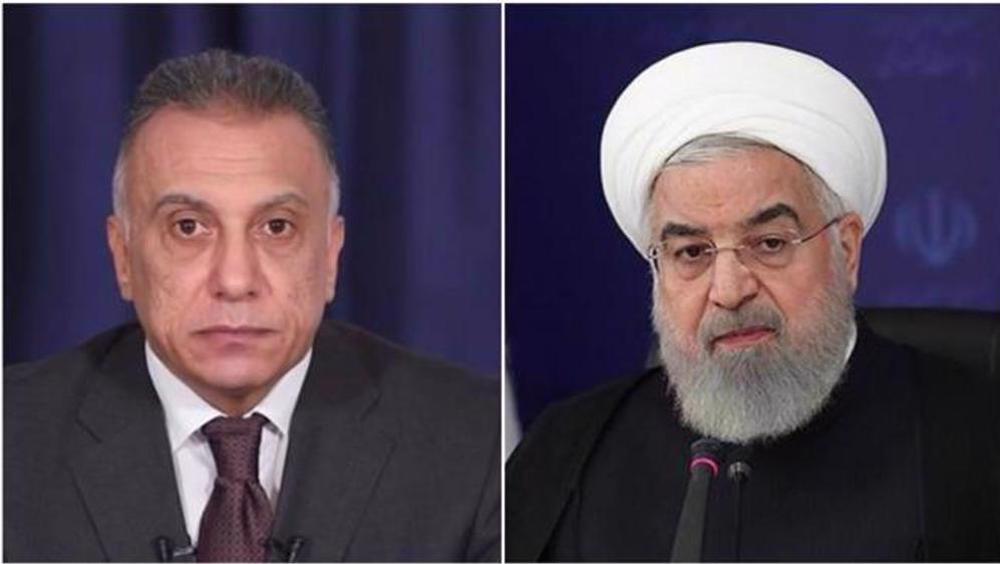
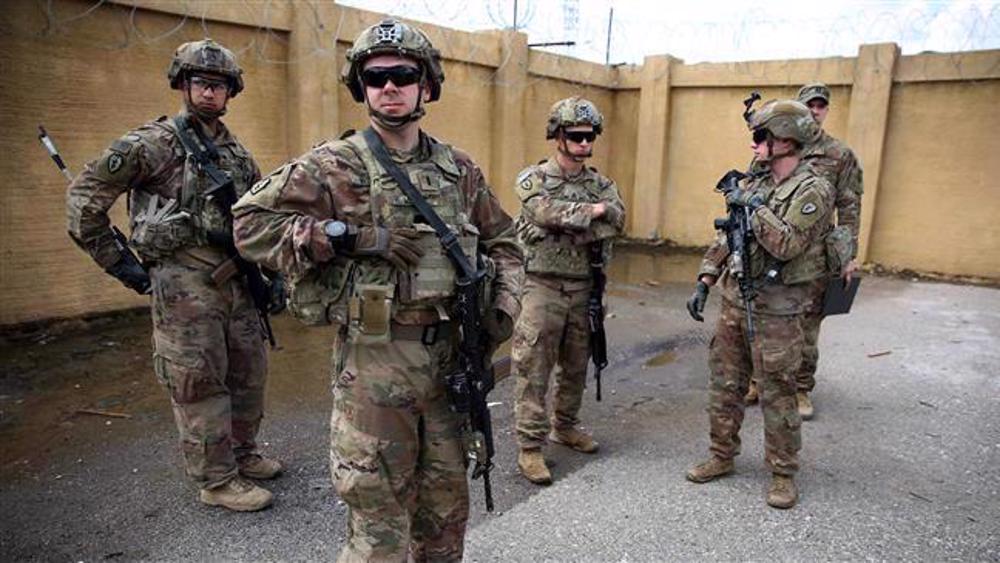
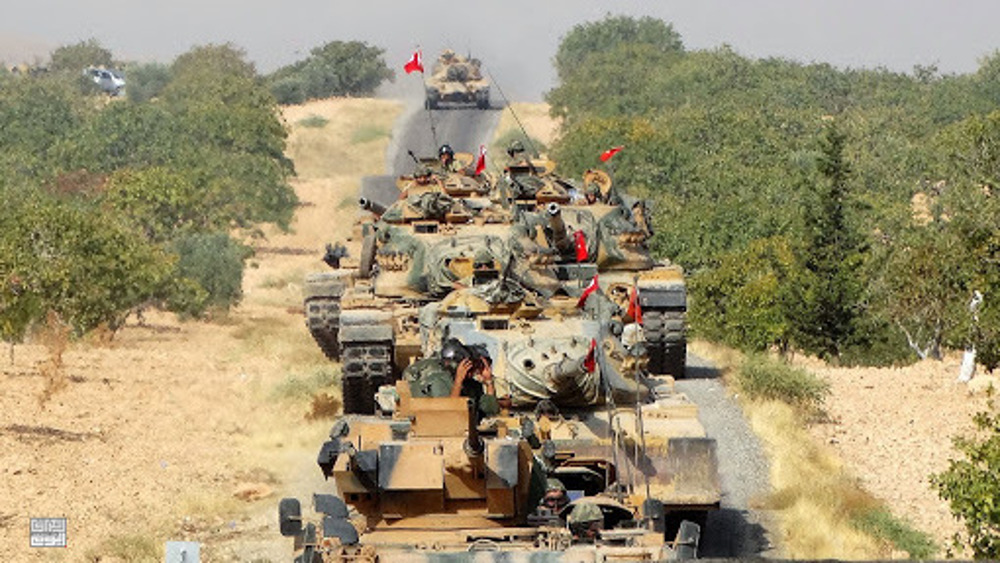
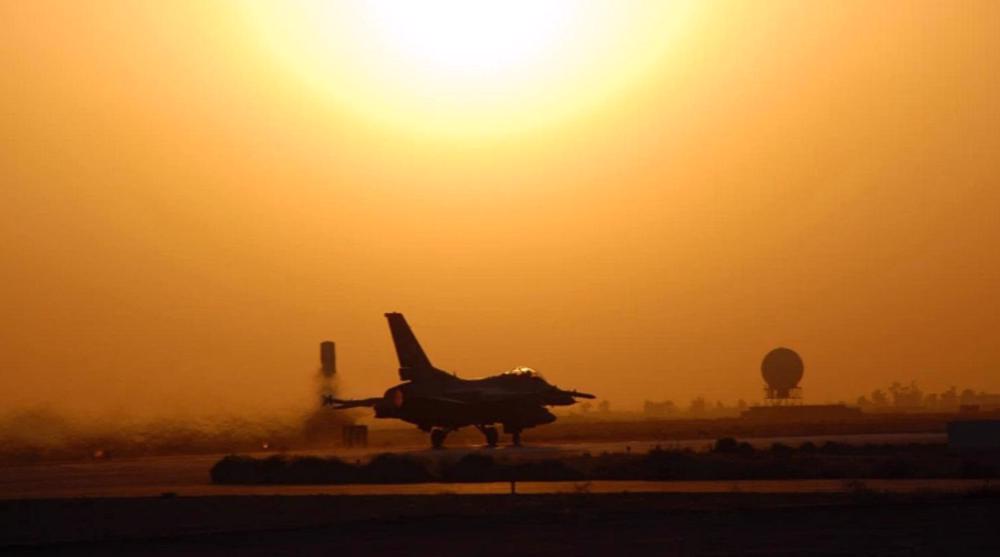
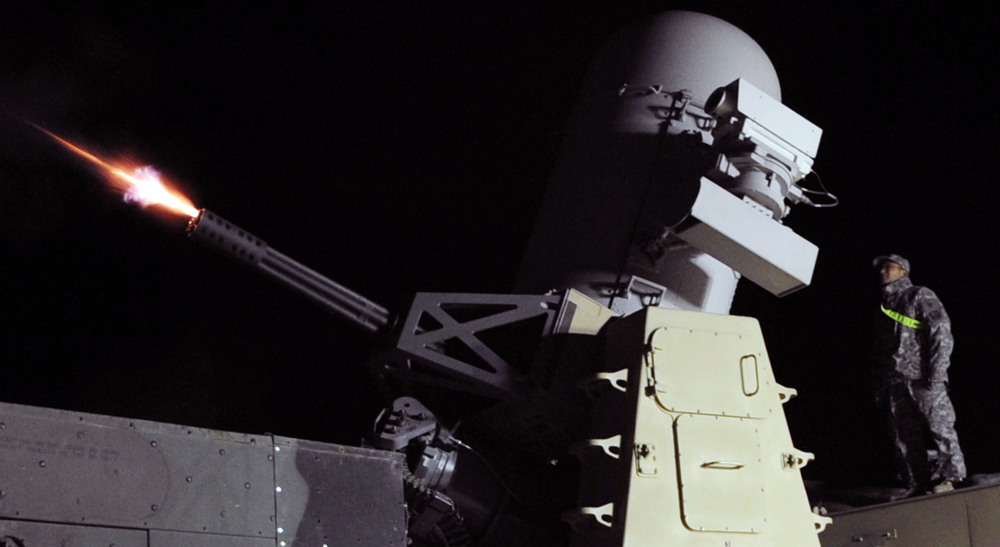
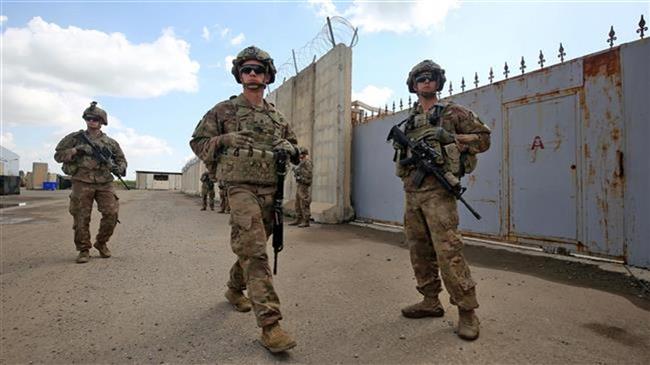
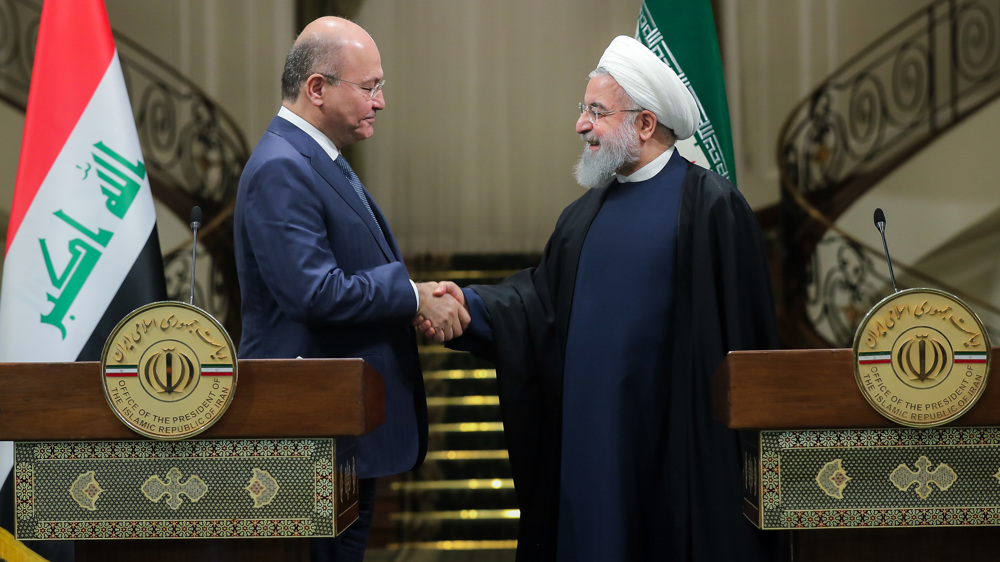
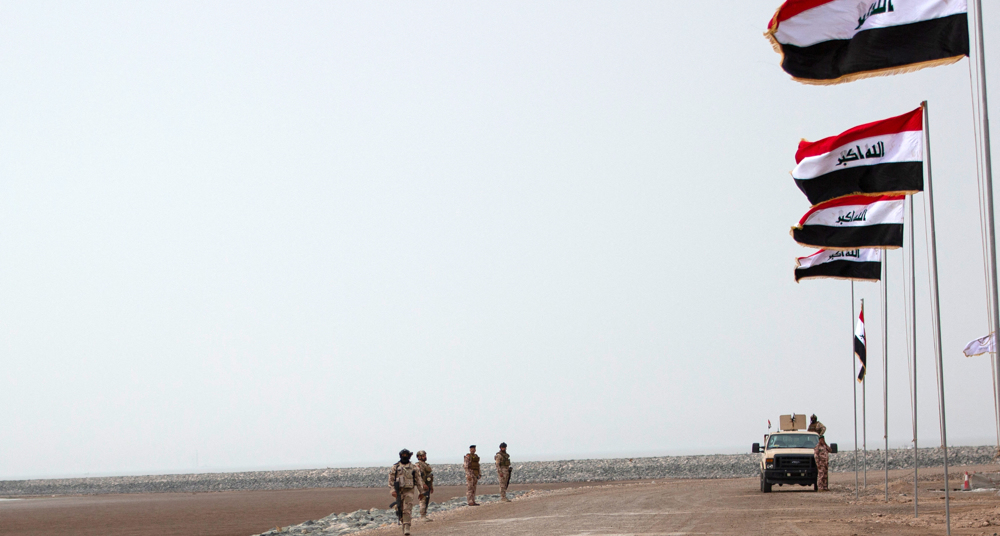

 This makes it easy to access the Press TV website
This makes it easy to access the Press TV website